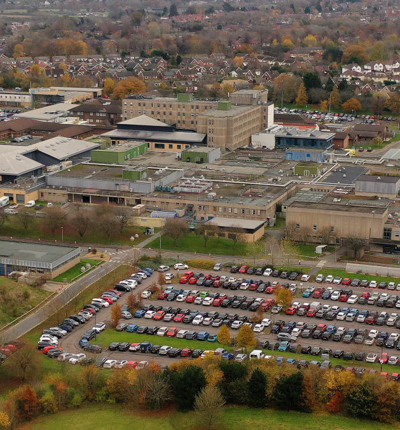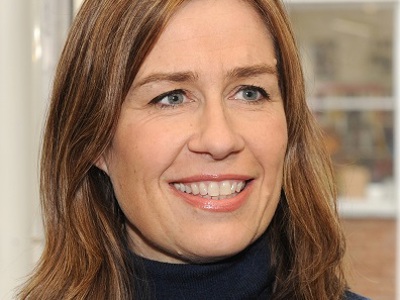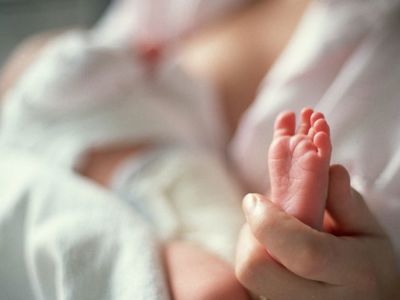
Interim report into maternity care at Shrewsbury and Telford NHS Trust
An interim report into maternity care at Shrewsbury and Telford NHS Trust says it is the biggest maternity scandal in the history of the NHS and calls for urgent changes to care given in hospitals across the country to prevent more avoidable baby deaths, stillbirths and neonatal brain damage, reports The Guardian.
Posted on 10 December 2020
The report reveals that more than 13 women and 40 babies died during childbirth in the care of the trust’s hospitals because of a culture that denied women choice and subjected hundreds of families to unsafe care, reports the Independent.
- Safety in maternity units across England must be strengthened by increasing partnerships between Trusts and within local networks.
- Neighbouring Trusts must work collaboratively to ensure that local investigations into Serious Incidents (SIs) have regional and Local Maternity System (LMS) oversight.
- Maternity services must ensure that women and their families are listened to with their voices heard.
- Staff who work together must train together.
- There must be robust pathways in place for managing women with complex pregnancies
- Through the development of links with the tertiary level Maternal Medicine Centre there must be agreement reached on the criteria for those cases to be discussed and /or referred to a maternal medicine specialist centre.
- Staff must ensure that women undergo a risk assessment at each contact throughout the pregnancy pathway.
- All maternity services must appoint a dedicated Lead Midwife and Lead Obstetrician both with demonstrated expertise to focus on and champion best practice in fetal monitoring.
- All Trusts must ensure women have ready access to accurate information to enable their informed choice of intended place of birth and mode of birth, including maternal choice for caesarean delivery.
The report is as bad as we had feared and bears out the many cases we have represented of poor maternity care across the country."
Suzanne White, head of medical negligence

Suzanne White
Suzanne White is head of the medical negligence team and has specialised in this area of law since qualifying in 1999.



